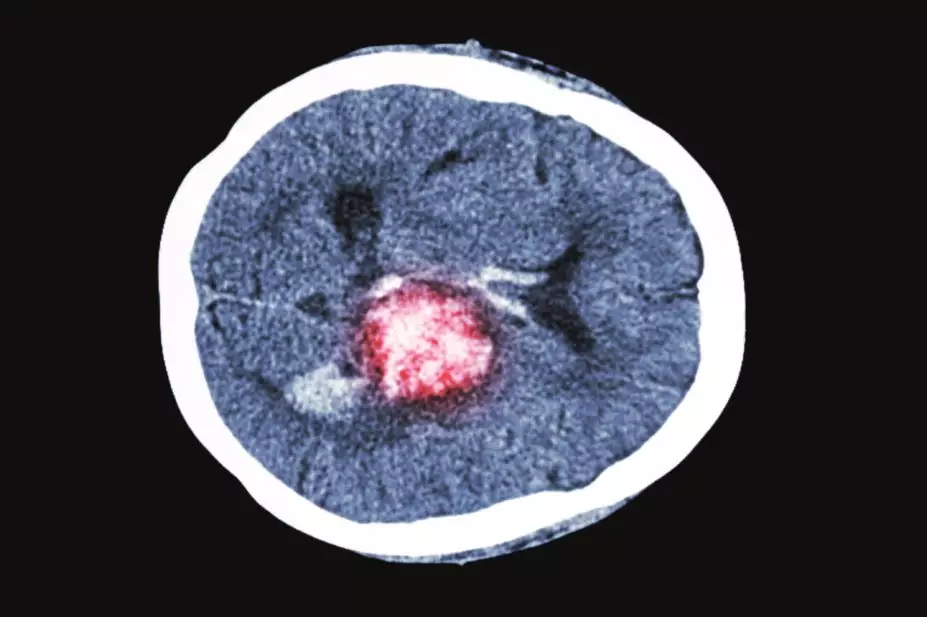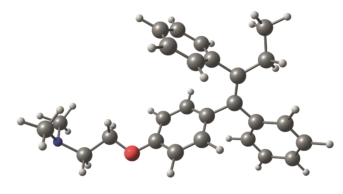
Shutterstock.com
Non-steroidal anti-inflammatory drugs (NSAIDs) include non-selective and selective cyclooxygenase (COX)-2 inhibitors. Selective COX-2 inhibitors have been found to increase the risk of ischaemic stroke; new research suggests that these drugs also herald worse outcomes following ischaemic stroke.
Writing in Neurology (online, 5 November 2014)[1]
, Morten Schmidt, from Aarhus University Hospital Denmark, and colleagues report a cohort study involving 100,043 people admitted to hospital with a first stroke. Current use of a COX-2 inhibitor was associated with increased mortality at 30 days versus non-use (adjusted hazard ratio 1.19, 95% confidence interval 1.02–1.38). The risk increase was confined to older drugs such as etodolac and diclofenac.
“Our study adds to the increasing body of evidence concerning the vascular risk and prognostic impact associated with use of COX-2 inhibitors,” write Schmidt and co-authors.


